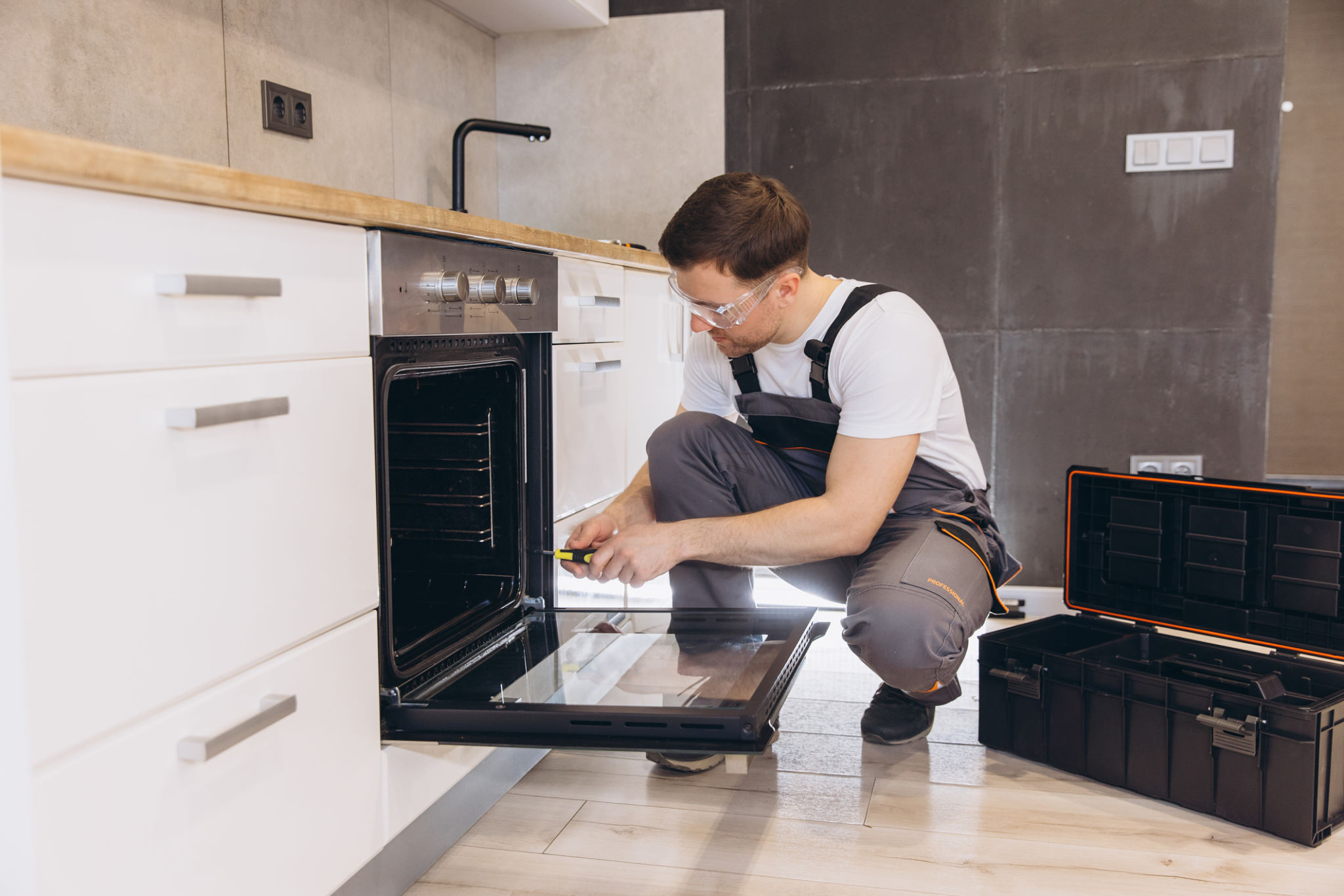Understanding the Appliance Repair Process: What to Expect
Introduction to Appliance Repair
Appliance repair is an essential service that many homeowners encounter at some point. Understanding the process can help ease concerns and ensure a smooth experience. Whether it's a refrigerator that won't cool or a washing machine that's stopped spinning, knowing what to expect can make the repair process less daunting.

Initial Assessment
The first step in the appliance repair process is the initial assessment. A professional technician will typically schedule a visit to evaluate the problem. During this visit, they'll examine the appliance, identify the issue, and determine the necessary repairs. It's important to describe the problem in detail to help the technician diagnose the issue accurately.
Most technicians will perform a thorough inspection, checking for common issues such as faulty wiring, broken components, or wear and tear. This assessment helps in creating an accurate estimate for repair costs and expected timelines.
Cost Estimates
Once the problem is identified, the technician will provide an estimate of the repair costs. This estimate includes labor, parts, and any additional fees. It's crucial to discuss these costs upfront to avoid unexpected expenses. Some companies offer flat-rate pricing, while others charge by the hour.
The Repair Process
After agreeing on the costs, the repair process begins. Depending on the complexity of the issue, repairs can take anywhere from a few minutes to several hours. Simple repairs, like replacing a fuse or seal, are usually completed quickly. However, more complex issues may require ordering parts and scheduling a follow-up visit.

During the repair, technicians will replace damaged parts, fix electrical connections, or address any mechanical problems. They often carry common parts in their service vehicles to expedite the process. It's common for them to test the appliance after repairs to ensure everything is functioning correctly.
Testing and Final Checks
After the repair is completed, technicians perform a series of tests to confirm that the appliance is working as expected. This step is crucial in ensuring that the issue has been fully resolved and that there are no lingering problems. They may also provide tips on maintaining your appliance to prevent future issues.
Follow-Up and Warranty
Most reputable appliance repair companies offer a warranty on their work. This warranty typically covers parts and labor for a specified period. It's essential to understand what is included in this warranty and how long it lasts. Keep all documentation related to the repair for future reference.

A follow-up call or visit may be scheduled to ensure that the appliance continues to function correctly. This is an excellent opportunity to address any lingering concerns or ask additional questions about appliance maintenance.
DIY vs. Professional Repairs
While some homeowners may consider tackling minor repairs themselves, it's generally advisable to hire a professional for appliance repairs. Professionals possess the necessary tools, expertise, and experience to handle complex issues safely and effectively. Attempting DIY repairs without proper knowledge can sometimes lead to further damage or safety hazards.
Conclusion
Understanding the appliance repair process can help you navigate repairs with confidence. By knowing what to expect, you can prepare for assessments, discuss costs upfront, and ensure that your appliances are repaired efficiently and effectively. Always choose a reputable repair service that offers transparent pricing and reliable warranties for peace of mind.